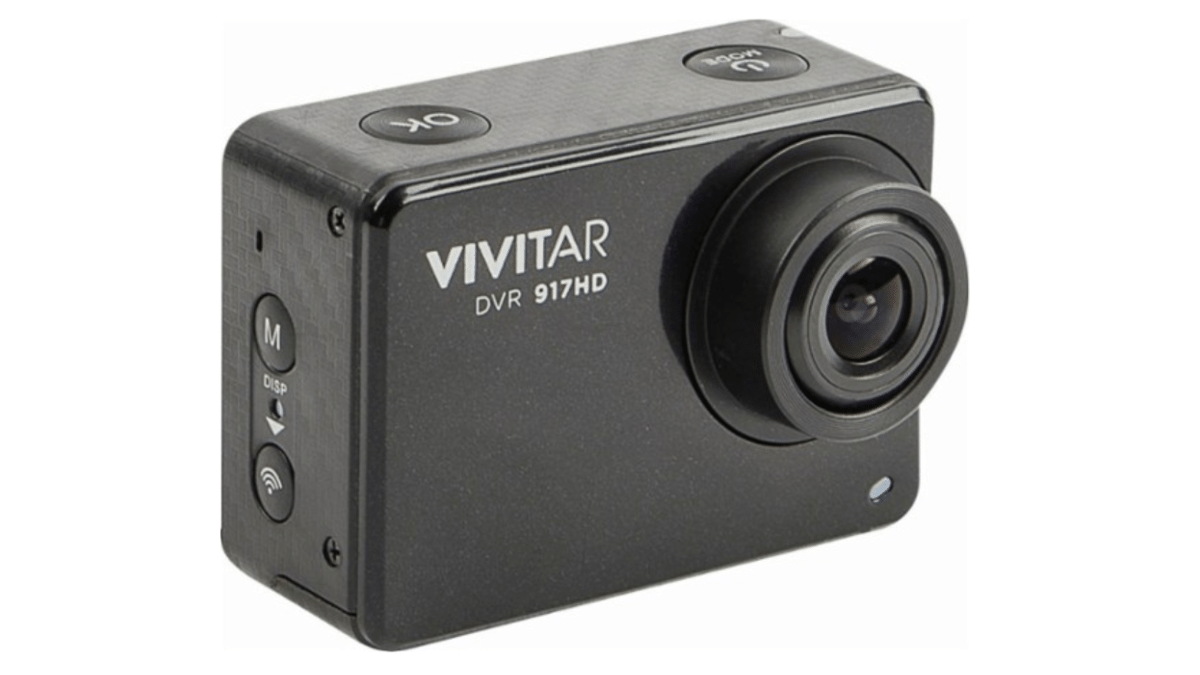
Raising funds on Kickstarter right now, Skip Trace is a fast-paced game where 4-8 players assume the role of bounty hunters. No Boba Fett here, Skip Trace describes these characters as “clueless bounty hunters that are fresh to the job and looking for bounties.” Combining improv storytelling and roleplaying, players take turns explaining how they will use various items to achieve the objectives the boss has assigned them.
Each round one of the players takes the role of the boss and pulls three cards: a target, a location, and an objective. Given these three cards the boss describes what the bounty hunters must do. Each bounty hunter has five cards in her hand and can pick one or two of the cards to use in the mission. Then, using all of the mission cards–target, location, objective, and one or two items–the bounty hunter uses these to get their creative juices flowing and describes how she’ll achieve the objective. The boss chooses whichever bounty hunter has the best proposal.


A print ‘n play demo of Skip Trace is available on the Skip Trace website. We printed the demo and were able to play through about two rounds, or eight missions with the sub-set of demo cards available. You may get more rounds out of it as we were short some cards. Skip Trace is designated as a 17+ game and I was playing with my kids, 10 and 12 years old, so we removed age-inappropriate cards. Counting, it looks like we started with 128 cards and removed 19 or around 15% of them. The final game is planned to have 392 cards: plenty for countless combinations of play. The rules were a quick read and it was easy to get right into the first round of play.
Our family loves these types of games. Snake Oil, which uses a similar mechanic, is a staple in our house as is Aye, Dark Overlord, another card-influenced-storytelling game. We enjoy the free form storytelling and the cards in all of these games are excellent seeds for the imagination.
Skip Trace was no different. Snake Oil is one of my 10-year-old’s favorite games, and he said that he liked Skip Trace better because of the bounty hunter aspect. All of the seed-words provided–target, objective, location, and items–made it easy to formulate a creative plan. Our storytelling started basic, but ramped up. Utilizing funny voices and competing for creativity and hilarity, the roleplaying quickly escalated as we played. At one point my wife whipped out her phone and played some Nickelback as she used her “Boombox That Only Plays Nickelback” item. One of my sons then played the Mission Impossible theme song as he described the cinematic action of his mission solution, and utilized a mean British accent, having recently been introduced to James Bond.
We have a large roll of paper that we often use to cover our dining table for drawing or game play during dinner. My son used this to draw his bounty hunter while we played.

Now, just what the heck does skip trace mean? I had to look it up.
“Skiptracing (also skip tracing, or debtor and fugitive recovery) is the process of locating a person’s whereabouts for any number of purposes. A skiptracer is someone who performs this task, which may be the person’s primary occupation.” – Wikipedia
My verdict: Skip Trace is an easy game to learn. With minimal setup players can get right into the wild antics. The cards provide a nice variety of ideas to help influence, but not dictate, how each player will offer to accomplish the mission. With 392 planned cards there’s plenty of replay value to this great game. My family had a blast and will likely run through the demo again in the near future. We look forward to this game coming out.
Don’t take my word for it though; download the demo of Skip Trace and take out some targets. Get on it, though, as the Skip Trace Kickstarter is down to the final stretch so you only have a few days left if you want to help get this game published.
New to Kickstarter? Check out our crowdfunding primer.

